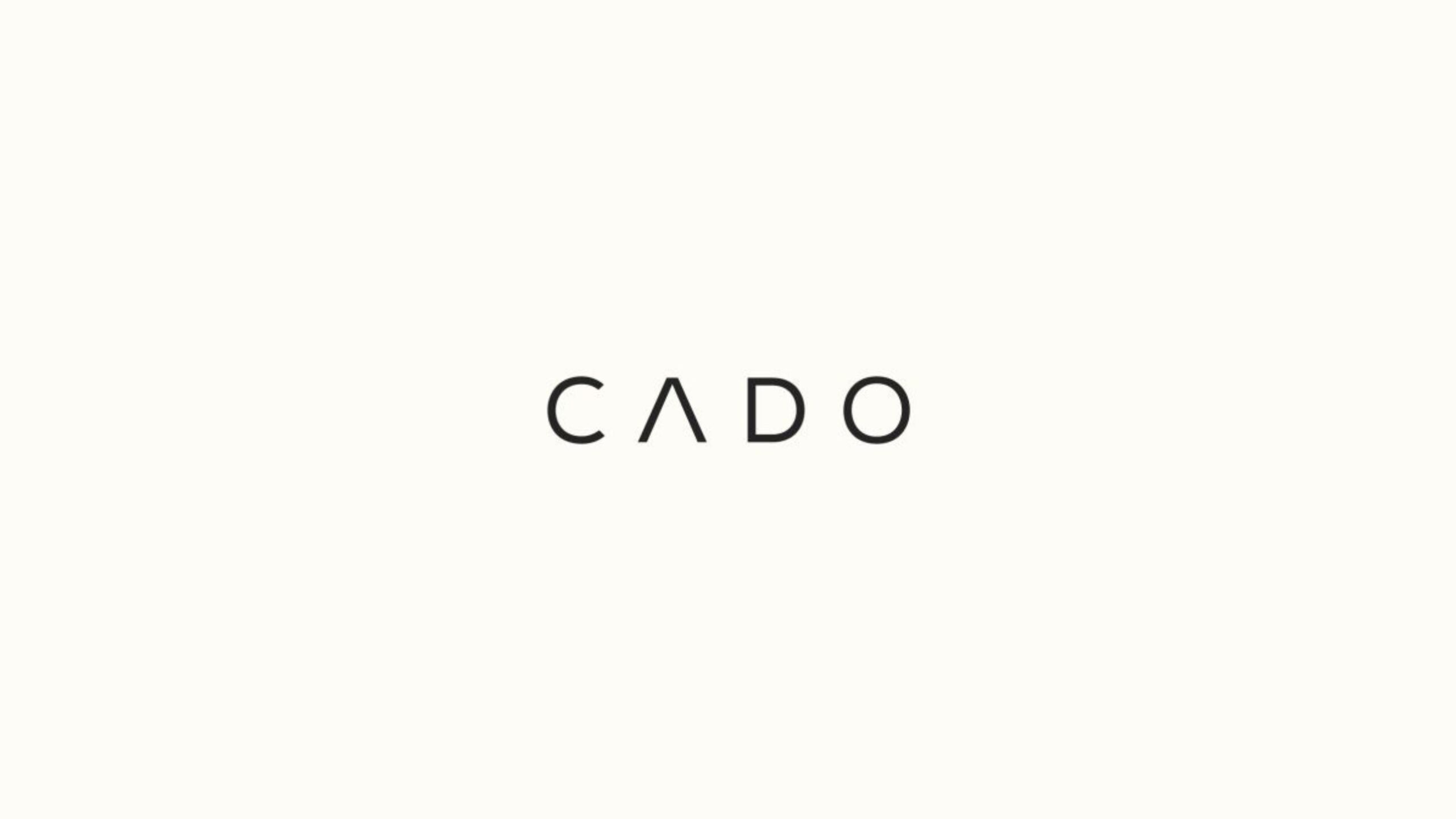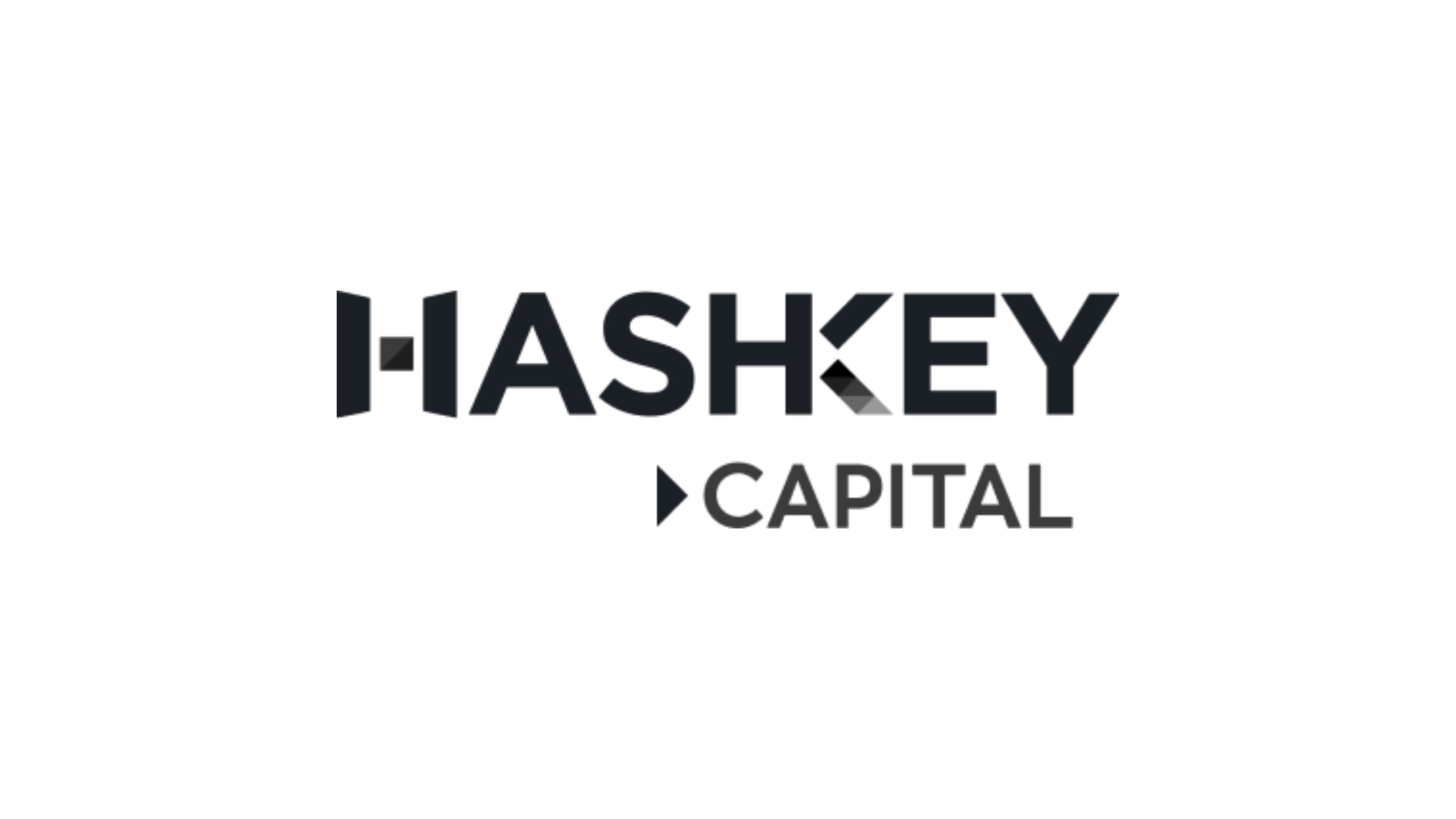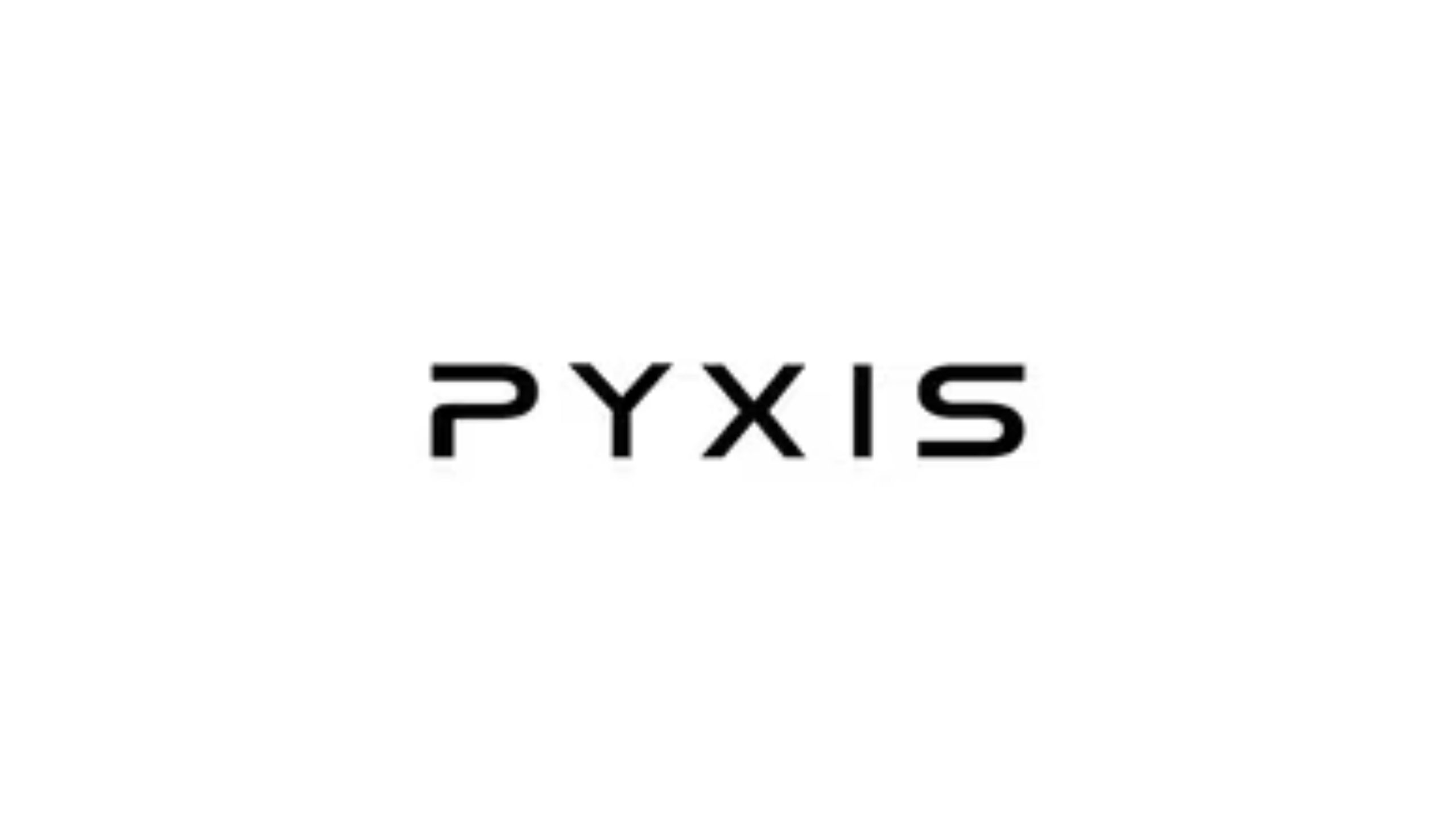AsiaTechDaily – Asia's Leading Tech and Startup Media Platform

CADO Raises $4.5M to Scale Beyond the Middle East, Eyes New York Launch
The Dubai-born startup closed a $4.5M pre-seed round to scale regionally and launch in New York — and its playbook blends design, logistics and tech to modernise corporate and premium gifting.
CADO began as a small Dubai startup founded by Leila Al Marashi and has since grown into a platform serving clients across the UAE, Saudi Arabia, Kuwait and the United States. The company digitises premium gifting by combining curated product selection, logistics and technology to deliver personalised experiences at scale. Its client list — which includes luxury houses and global enterprises — shows the company can serve high-expectation buyers as well as corporate accounts with repeat needs.
The recent $4.5 million pre-seed raise, led by Sanabil 500 with backing from a German family office and a group of high-net-worth and angel investors, gives CADO financial headroom to build operations and push into new markets. The timing follows heightened interest in curated consumer experiences and growth in corporate spending on brand and employee engagement.
What CADO is selling: convenience + craft
CADO isn’t a commodity marketplace. It positions itself at the intersection of three capabilities:
- curated product curation and brand partnerships,
- logistics and fulfilment that work across markets, and
- software that personalises and automates gifting workflows for businesses.
That mix is practical. Corporates need reliable systems for mass gifting (employee rewards, client outreach, events) and luxury brands need careful curation and presentation. By offering both, CADO targets the operational complexities companies prefer not to manage in-house.
Where the new capital goes — concrete priorities
CADO’s plans for the round are straightforward: expand in Saudi Arabia, build a community ecosystem linking artisans and suppliers, and launch operations in New York. The funds will support hiring across product and operations, upgrade fulfilment and tech infrastructure, and underwrite market entry costs in the US.
These are sensible, sequential steps. Strengthening the supply side (artisans, suppliers) reduces delivery friction and protects margins; investing in technology improves repeatability for corporate clients; a US launch tests the product against a different set of buyer expectations and regulations.
Why this move matters for investors and founders
For investors, CADO offers a focused play on a fragmented but sizeable vertical — premium and corporate gifting — where customer lifetime value can be high and contracts can be sticky. For founders, CADO’s approach illustrates a repeatable pattern: specialise in an operationally hard niche, master fulfilment and client workflows, then scale via marketplaces and partnerships.
But execution matters. Scaling curated experiences across cultures requires tight supplier onboarding, local logistics know-how, and reliable quality control. These operational elements are often the real product for platforms in this space.
Risks and realism: what to watch
CADO’s model faces a few predictable challenges. First, unit economics in gifting can be thin once discounts, returns and international logistics are factored in. Second, maintaining a consistent premium experience while scaling quickly is difficult — quality lapses damage brand relationships fast. Third, entering the US market means competing with established commerce and gifting players and complying with stricter consumer and tax regimes.
Finally, the company must keep its tech differentiated. Personalisation and workflow automation are valuable, but they become table stakes if competitors clone them quickly. CADO needs defensible integrations (e.g., corporate ERPs, HR systems) or exclusive supply relationships to sustain an advantage.
Regional context and a practical path forward
CADO’s rise fits a broader pattern: startups from the Middle East are moving from local proof points to global experiments. The firm’s emphasis on building a community ecosystem in Saudi Arabia — linking artisans, creators and suppliers — could be a genuine moat if it turns into a reliable, proprietary supply network that other platforms cannot easily replicate.
The New York launch is both a market test and a signal. Success there would make CADO a credible global player; failure would be costly but informative. A phased approach — proving repeatable processes regionally, then expanding distribution partnerships in the US before big marketing spends — would be the lower-risk route.
Conclusion — measured opportunity, execution required
CADO’s $4.5M pre-seed is a meaningful endorsement of a practical idea: premium gifting is a service problem as much as a product problem, and solving it requires tech, logistics and curation working together. The company has solid early traction and a clear expansion plan. The key questions now are operational execution, margin durability, and how fast the platform can adapt to varied market norms.
If CADO nails those elements, it can turn curated gifting into a scalable platform business — bridging local craftsmanship and global demand without losing the emotional value that makes gifting valuable in the first place.
Quick takeaways
- CADO raised $4.5M to scale regionally and enter New York.
- Its edge combines curation, logistics and gifting workflow tech.
- Main risks: unit economics, quality control at scale, and US market competition.
- Success hinges on building a reliable supply ecosystem and deep B2B integrations.



